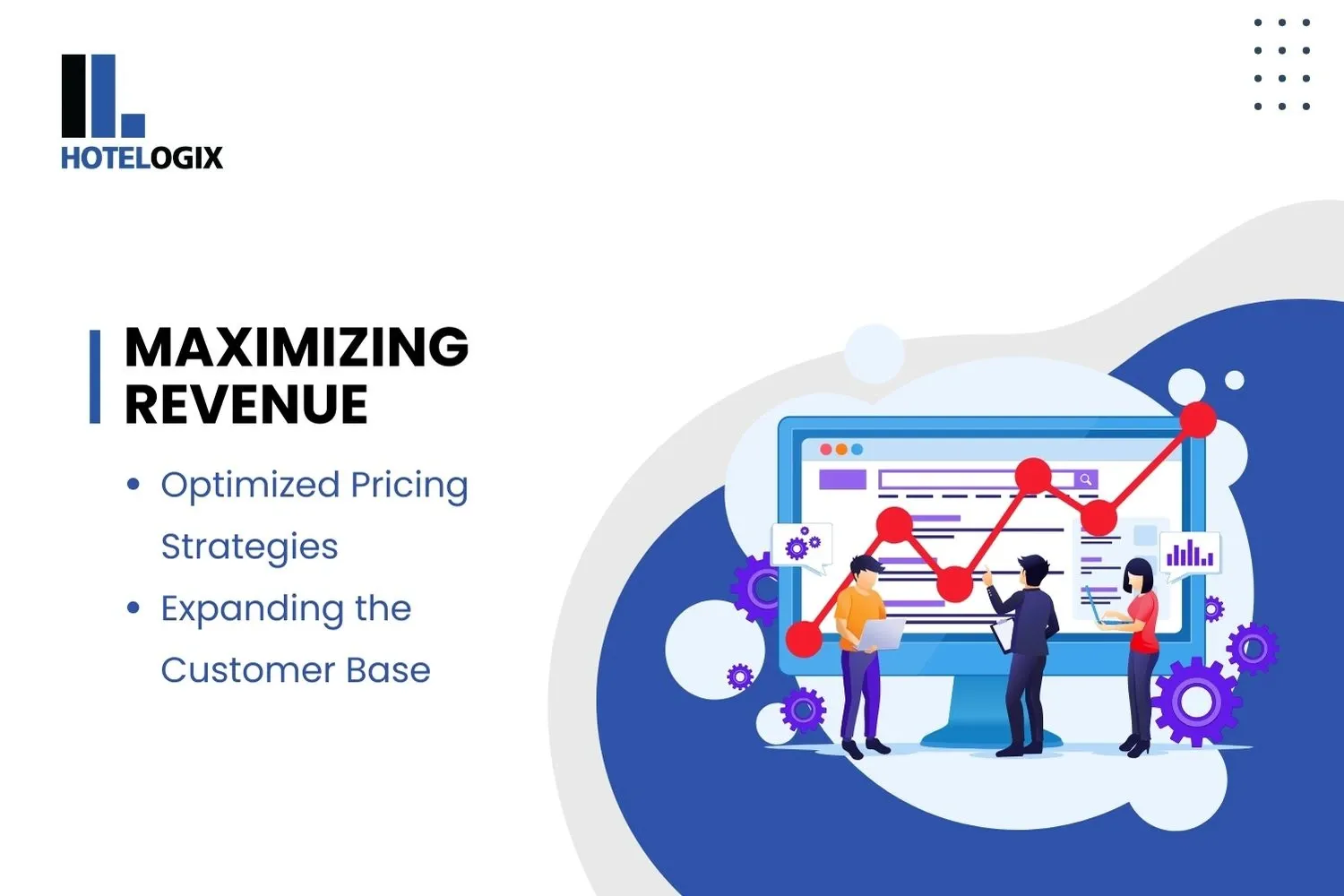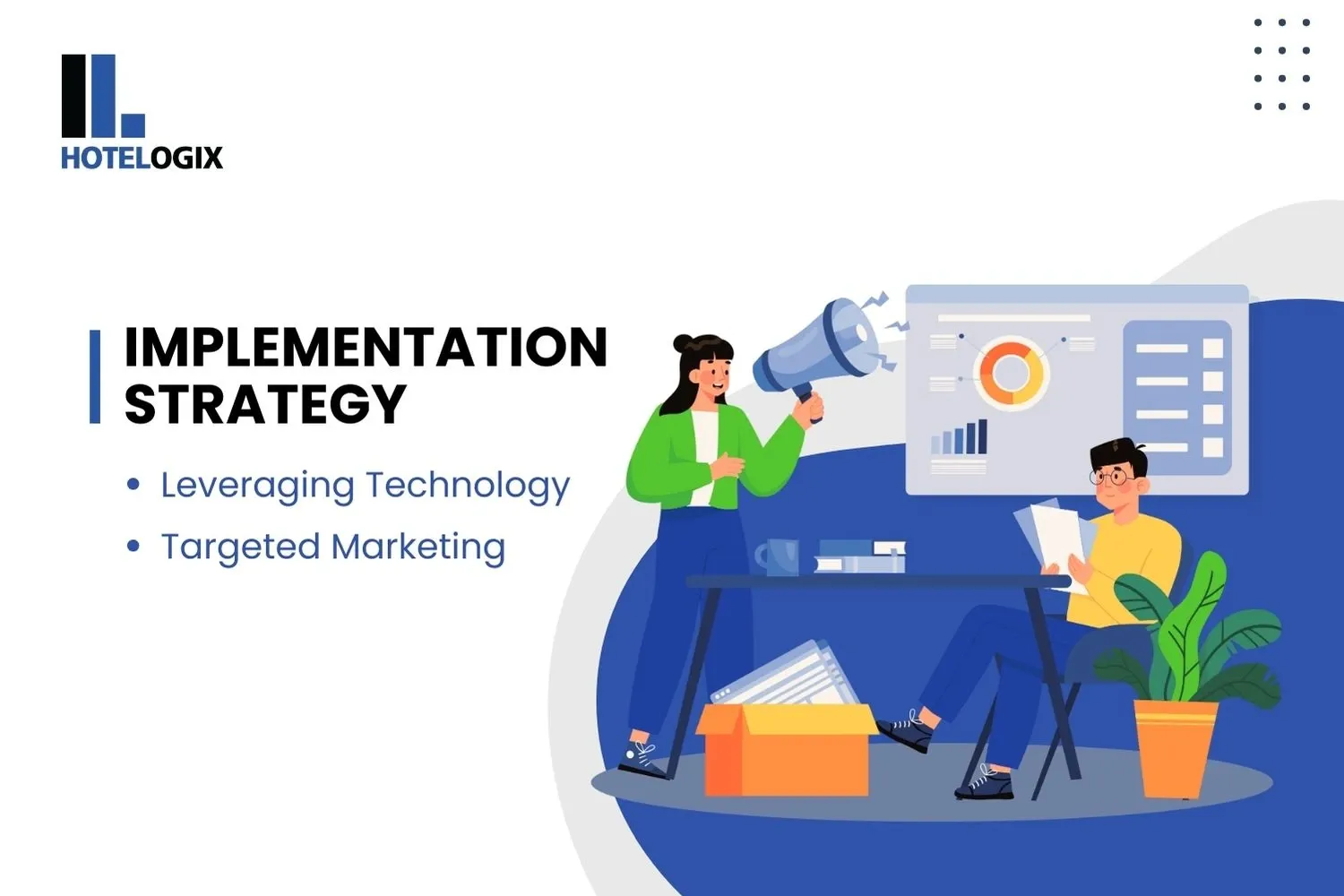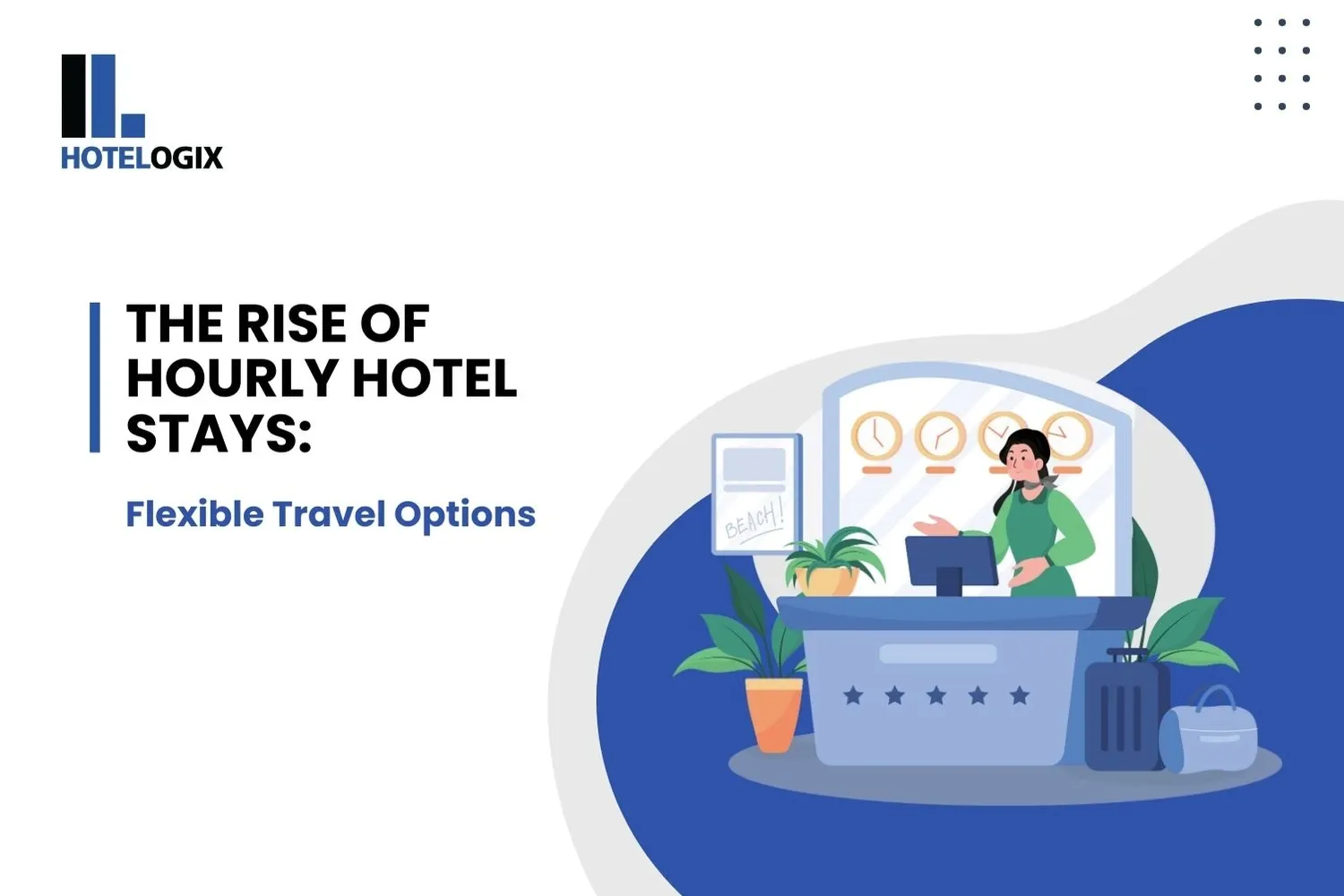The Big Shift
The hospitality industry is undergoing a significant transformation, reshaping hotel operations and guest services. Traditionally, hotels relied on overnight stays, but today’s travelers demand greater flexibility and convenience. With busy schedules and evolving work patterns, modern guests seek accommodation options that align with their unique needs.
The Modern Travel Trend
- Remote work is redefining travel—more professionals are no longer bound to office spaces. They travel frequently, seeking accommodations that support their work needs.
- Personalized travel experiences matter—guests now prefer services tailored to their schedules and guest preferences instead of rigid hotel policies.
- Technology enhances accessibility—digital advancements allow travelers to book rooms instantly, securing accommodation whenever and wherever they need it.
The Evolution of Hotel Booking Practices
The Rise of Flexibility
Today’s travelers come from diverse backgrounds—corporate professionals, digital nomads, vacationers, and transit passengers. Their needs do not always align with the conventional overnight stay model. A business traveler may need a quiet space for a few hours, a layover passenger may require a place to rest, or a local resident may seek a short wellness retreat.
Changing Travel Habits:
- The shift to remote and hybrid work models is altering travel and accommodation needs.
- There is a growing demand for short-term, purpose-driven spaces such as meeting rooms, relaxation areas, or work pods.
- Guests increasingly prefer flexible, customized booking options over traditional full-day stays.
The Role of Technology
Technology is revolutionizing the hospitality industry, enabling hotels to deliver seamless and efficient services. With instant booking, AI-driven pricing, and smartphone integration, hotels can offer guests a tailored and hassle-free experience.
Technology Enablers:
- Instant booking systems—Automated platforms allow guests to reserve rooms quickly.
- AI-powered dynamic pricing—Hotels can adjust rates in real-time based on demand.
- Smartphone-friendly services—Guests can book rooms, check in, and access amenities via mobile apps.
- IoT-powered smart rooms— Features like automated lighting, temperature control, and entertainment enhance the guest experience.
Case Study: The Student Hotel and Pan Pacific Hotels have successfully implemented flexible booking models, emphasizing the importance of adaptability and operational efficiency in meeting modern travelers' needs.
Maximizing Revenue

Optimized Pricing Strategies
Introducing hourly stays allows hotels to generate revenue from every available hour rather than waiting for full-day bookings. This model improves room utilization and increases potential earnings.
Revenue-Boosting Methods:
- Time-based pricing models—Adjusting rates based on peak and off-peak hours.
- AI-driven rate adjustments—Leveraging data analytics to optimize pricing in real-time.
- Bundled service packages—Offering room-plus-experience deals such as accommodation with meals or spa treatments.
- Loyalty programs for short-stay guests—Encouraging repeat bookings with exclusive offers.
Fact: Hotels that encourage guest reviews and engage with consumers on social platforms have seen improvements in sales and revenue.
Expanding the Customer Base
Flexible booking options enable hotels to attract a broader audience beyond traditional overnight guests.
Potential Customer Segments:
- Digital nomads seeking quiet workspaces.
- Transit passengers require short rest periods.
- Local professionals in need of private meeting spaces.
- Wellness enthusiasts looking for spa treatments or meditation rooms.
- Freelancers and remote workers prefer distraction-free environments.
Unlocking New Opportunities
Reimagining Room Usage
Hotels can optimize spaces for multiple purposes throughout the day. A single room can function as a workspace in the morning and transform into a relaxation zone in the evening.
Smart Space Utilization:
- Modular room designs—Flexible furniture and layouts adapt to different needs.
- Technology-enhanced spaces—automated lighting, temperature, and sound settings personalize guest experiences.
- Multi-purpose areas—Rooms designed to accommodate meetings, leisure, or entertainment.
- Hybrid work-and-relax zones—spaces catering to both business and leisure travelers.
Innovative Service Offerings
Hotels that think beyond traditional overnight stays can introduce unique, demand-driven services.
Flexible Service Options:
- Short-term stay packages (2-4 hour blocks)—ideal for business meetings, rest, or quick getaways.
- Wellness and work bundles—Combining accommodations with spa treatments or office amenities.
- Customized meeting room setups—private, tech-enabled spaces for business discussions.
- Day passes for hotel facilities—granting access to pools, gyms, and lounges without booking a room.
- Co-working spaces within hotels—dedicated areas for freelancers and remote teams.
Implementation Strategy

Leveraging Technology
Hotels must integrate robust technology systems to efficiently manage hourly stays and enhance guest experiences.
Key Tech Strategies:
- Cloud-based property management systems—Centralized control for bookings and services.
- AI-powered booking platforms—automated pricing and availability adjustments.
- Contactless check-in/check-out—Reducing wait times and enhancing convenience.
- Real-time inventory and pricing management—optimizing room occupancy and revenue.
- Advanced analytics—Gaining insights into guest preferences and market trends.
Targeted Marketing
To maximize the success of hourly stays, hotels must effectively promote the concept to the right audience.
Marketing Tactics:
- AI-driven digital campaigns—Reaching potential guests based on online behavior and preferences.
- Influencer partnerships—Collaborating with travel experts to enhance brand credibility.
- Content marketing—Creating engaging blogs, videos, and guest testimonials.
- Social media engagement—Running interactive campaigns and exclusive offers.
- Local business collaborations—Partnering with coworking spaces and wellness centers.
Success Stories
Transformation of City Hotels
Urban hotels have successfully adopted hourly stays, boosting revenue and customer satisfaction.
Notable Improvements:
- Higher room occupancy throughout the day.
- Increased revenue from short-stay guests.
- Enhanced guest experiences through tailored services.
- Diversified income sources beyond traditional overnight bookings.
Boutique Hotel Adaptations
Smaller, unique hotels can capitalize on this model by offering personalized, high-quality service.
Key Boutique Hotel Strategies:
- Customized experiences catering to niche audiences.
- Agile adaptation to market trends and guest demands.
- Exclusive offerings differentiating them from larger hotel chains.
- Strengthened guest engagement and satisfaction.
Smart Solutions: How Hotelogix Supports Hourly Stays
As the demand for hourly stays grows, Hotelogix is leading the way with its Hourly Booking Module, helping hotels maximize revenue and improve guest experience.
Hotelogix’s Hourly Booking Module
This feature allows hotels to offer rooms by the hour, bringing key benefits:
- Higher Revenue – Hotels can earn up to 40% more per room by filling gaps between longer stays.
- More Flexibility for Guests – Travelers save up to 60% by paying only for the time they need.
- Better Occupancy – Rooms are utilized efficiently, even during off-peak hours.
- Customized Packages – Hotels can create unique deals for short stays.
Smarter Decision-Making with Data
Hotelogix provides powerful insights to help hotels optimize their strategies:
- Custom Reports – Track revenue, bookings, and trends.
- Trend Analysis – Identify demand patterns to adjust pricing.
- Real-Time Insights – Make quick, data-driven decisions.
Easy Integration with Hotel Systems
- Smooth Operations – Simplified booking for both short and long stays.
- Better Guest Experience – Quick and hassle-free reservations.
- Scalability – Suitable for hotels of all sizes.
With Hotelogix’s Hourly Booking Module, hotels can stay ahead of industry trends, attract more guests, and boost profitability.
The Road Ahead
Hotels that embrace flexibility, leverage technology, and focus on guest-centric services will lead the next phase of hospitality innovation.
Key Takeaways:
- Adaptability gives hotels a competitive advantage.
- Technology-driven solutions enhance operational efficiency.
- Hourly booking models maximize revenue potential.
Ready to Elevate Your Hotel Business?
Hourly stays represent the future of hospitality. By adopting this approach, hotels can enhance profitability, attract diverse customer segments, and stay ahead of industry trends.


